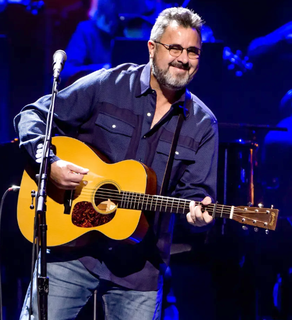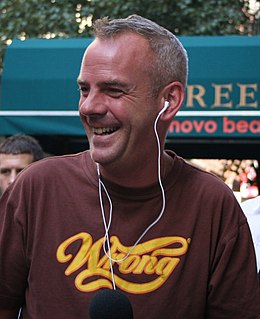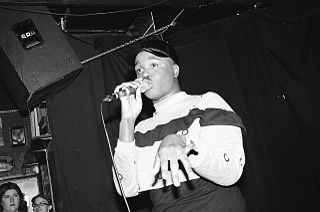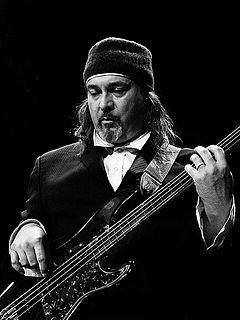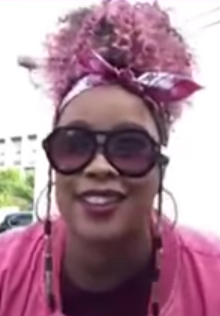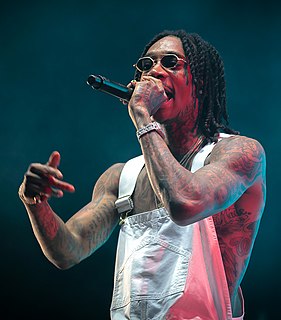A Quote by Big Daddy Kane
Good rap records don't get too far, but rap records that are made for crossing over to white audiences do go a long way.
Related Quotes
My mom had early rap records, like Jimmy Spicer. In the middle of the records was a turntable and a receiver - I used to scratch records on it - and on top was a reel-to-reel. In front of that wall were more stacks of records. It was either Mom's record or Pop's record, and they had their names on each and every one.
To have so many years in the rap industry and so many number one songs, and sold so many millions of records, introduced the world to people like Cool & Dre, DJ Khaled, Pitbull, Rick Ross, Trick Daddy, Remy Ma, Big Pun, Rico Love... I could go on and on. Having been able to influence the rap game for so long is very important to me.
Rap has so many possibilities that need to be explored. There are different factions of rap, but some are in a rut. Rap doesn't have to be about boosting egos and grabbing your crotch and dissing women. There's a way to make political and social issues interesting and entertaining to the young rap audience.
I like to consider myself a student of hip hop. There's a certain level of certification and wit and craftsmanship that comes with rapping. As rap progresses - it's a young genre - it's becoming way more mainstream, crossing over to different lanes. I feel like it's losing its essence in a way, because it's getting commercialised. I want to keep it fresh and keep it progressive, but I also want to respect the foundation of what rap is about.









